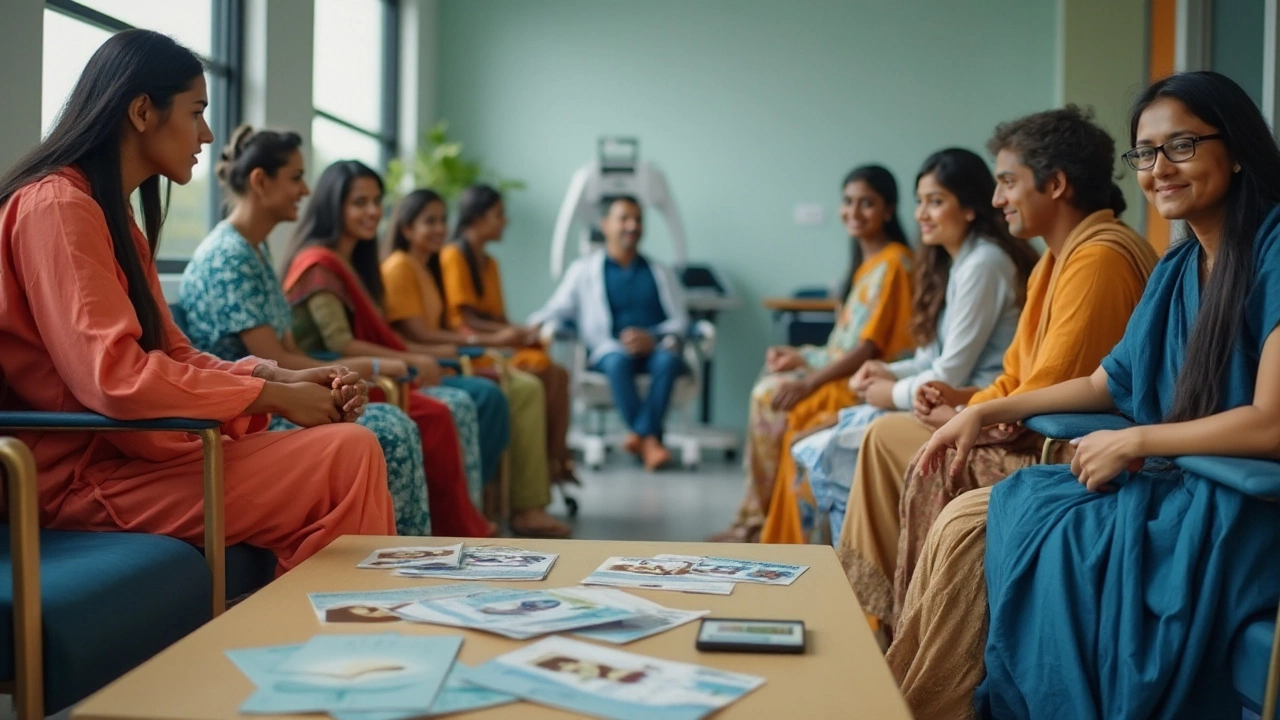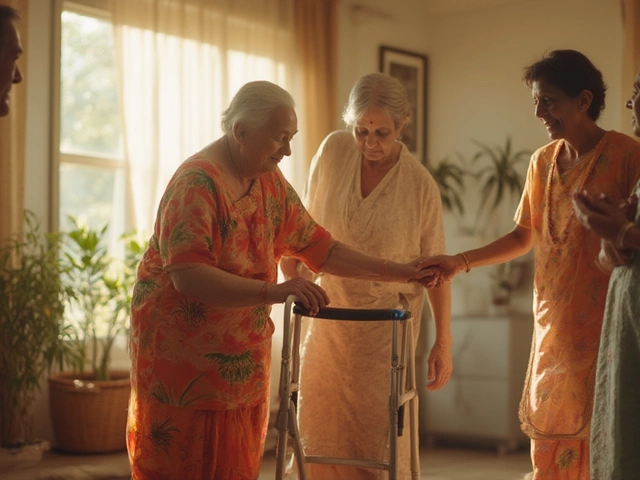Treatable Cancers – Your Guide to Early Detection and Treatment Options
When you hear the word “cancer,” fear often jumps in. But the good news is that many cancers are highly treatable, especially when caught early. Knowing which ones fall into this group and what treatments work best can save lives and reduce anxiety.
Common Cancers That Respond Well to Treatment
Skin cancers like basal cell carcinoma and squamous cell carcinoma are usually curable with simple surgery or topical therapy. Early‑stage breast cancer often does very well with surgery followed by hormone therapy or radiation. Prostate cancer, when detected before it spreads, can be managed with watchful waiting, surgery, or targeted radiation. Testicular cancer has one of the highest cure rates, thanks to chemo and surgery. Even some lung cancers caught at stage I or II respond well to lobectomy and targeted drugs.
Top Treatment Options You Should Know
Modern cancer care offers more than just surgery. Chemotherapy can shrink tumors before an operation, making the procedure safer. Immunotherapy trains your own immune system to attack cancer cells and is now approved for melanoma, lung, and kidney cancers. Targeted therapy zeroes in on specific genetic mutations, sparing healthy tissue. Radiation remains a powerful tool for tumors that are hard to reach surgically. Combining these approaches often yields the best results.
If you’re faced with a cancer diagnosis, ask your doctor about a multidisciplinary team. These groups include surgeons, medical oncologists, radiologists, and nutrition experts who work together to create a personalized plan. A tailored plan means fewer side effects and a higher chance of beating the disease.
Screening is the secret weapon for treatable cancers. Women over 40 should get regular mammograms; men over 50 need PSA tests for prostate health. Colonoscopies start at 45 for most people, catching polyps before they turn malignant. Skin checks by a dermatologist can spot suspicious lesions early, and low‑dose CT scans are recommended for heavy smokers to find lung nodules when they’re still small.
Lifestyle choices also play a big role. Quitting smoking, limiting alcohol, eating plenty of fruits and vegetables, and staying active lower your risk of many treatable cancers. If you already have cancer, a balanced diet and moderate exercise can improve treatment tolerance and recovery.
Financial worries are real, but many hospitals offer counseling to navigate insurance, government schemes, and charitable funds. Don’t hesitate to ask about payment plans or subsidized drugs—early treatment is worth the effort.
Finally, remember that emotional support matters. Joining a support group, talking to a psychologist, or simply sharing your story with friends can boost morale and help you stick to your treatment schedule.
In short, treatable cancers are those where early detection and modern therapies combine for high cure rates. Stay vigilant, get screened, ask the right questions, and lean on your care team. With the right steps, many people beat cancer and get back to living fully.





